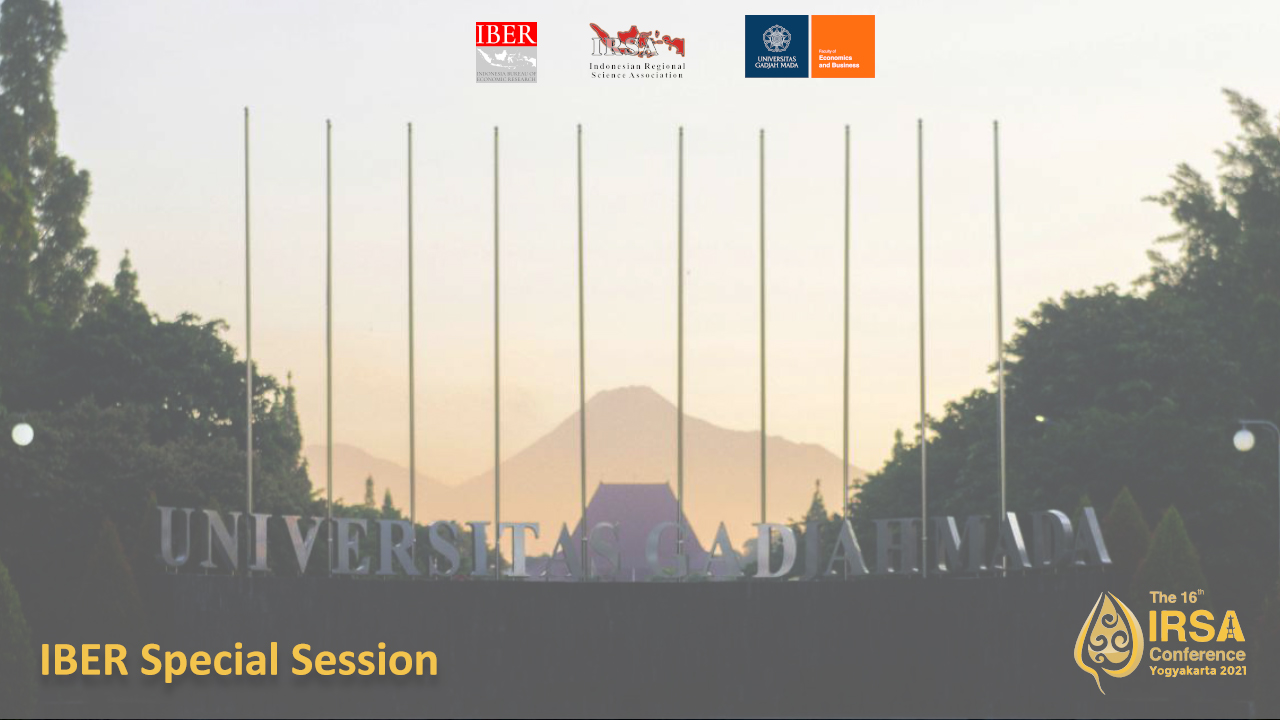Presenter: Arya Swarnata (CISDI)
Despite the high cost associated with smoking, Indonesia has been relatively slow in adopting policies to reduce cigarette consumption. The presumptive economic significance of the tobacco industry has hindered significant tax reforms to increase cigarette tax and simplify the tax tiers. This study explores the issue by estimating the macroeconomic impact of cigarette taxation in Indonesia.
Applying the Input-Output analysis, this study simulates the aggregate impact of cigarette tax through three main pathways: reduced cigarette consumption, reallocation of households’ spending, and government expenditure from cigarette tax revenue.
This study finds that imposing a significant tax hike would have substantially reduced cigarette consumption and generated net positive impact on economic output and number of employment. The adverse shocks in the cigarette industry are well compensated by increased demands in other non-cigarette industries. Furthermore, different structures of government expenditure, including earmarked spending of cigarette tax revenue, are explored.
The result suggests that the current structure of government expenditure has potentially generated the optimum multiplier impact.

